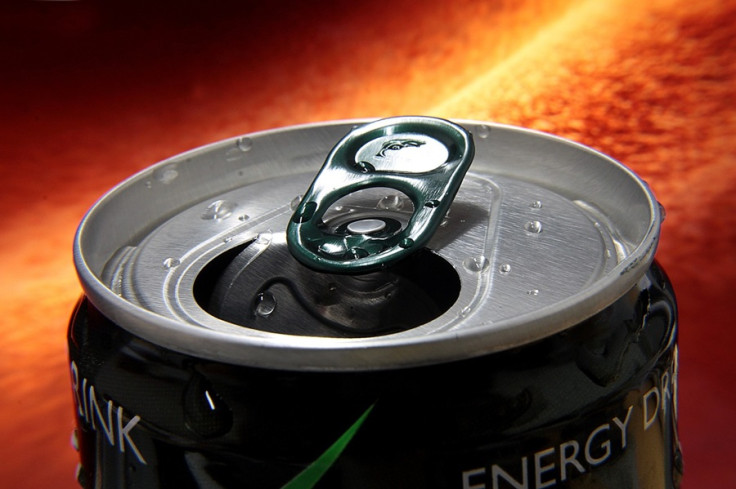South Australia Health Seizes 700 Drinks With Double Legal Caffeine Levels From 100 Retailers

Almost 700 drinks containing double the permitted level of caffeine were seized after more than 100 retailers were raided in South Australia.
SA Health revealed that the most caffeinated beverage contained 300 milligrams of caffeine in each 473ml can, which was equivalent to the caffeine content in nine cans of Coca Cola. Meanwhile, some drinks exceeded the 200mg limit of caffeine in 473ml cans, The Guardian reported.
The Australia New Zealand Food Standards Code caps the level of caffeine to 320mg per litre.
Warning letters were issued to 13 businesses and two were fined with AU$3,000, after inspectors found 18 retailers to be selling non-compliant energy drink products.
Though there is no recognized safe level of caffeine consumption, 400mg and a maximum of 200mg in a single serving is considered safe for healthy adults. Pregnant or breastfeeding women should not consume more than 200mg of caffeine a day.
"We're working with retailers to educate them on the regulations and stop these drinks from making their way on to shelves, and issuing penalties to repeat offenders," chief public health officer, Chris Lease, said.
The SA government stated it would tackle the problem at its source, and that it would coordinate with interstate and federal authorities to prevent the beverages from entering the country, reported ABC News.
"An important way to deal with these illegal products is to intercept the supply change, so we did identify suppliers in other states and those suppliers were referred to authorities in those jurisdictions," Lease said.
SA had announced a campaign last year against the sale of unsafe beverages in the lead-up to school exams.
"You just have to look at many of these drinks here to see that they are targeted directly at kids — they've got cartoon characters, they've got video game characters [on them]," Health Minister Chris Picton pointed out.
He added that the government planned to adopt an "educative" approach with retailers, as some of them were not aware of the harmful impact of the issue.
UniSA dietitian Evangeline Mantzioris warned that high intake of caffeine was harmful to children, as their bodies had limited capability of breaking down caffeine.
"It increases their risk of heart palpitations, chest pains, shortness of breath and also of fainting," she said.
© Copyright 2026 IBTimes AU. All rights reserved.





















